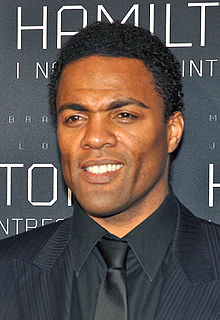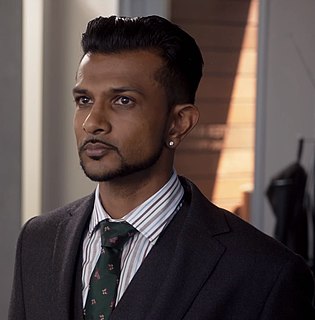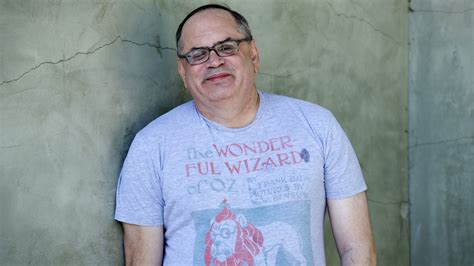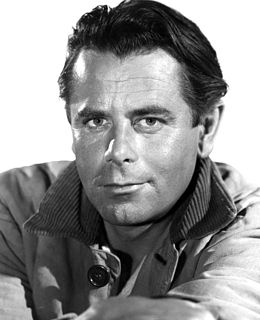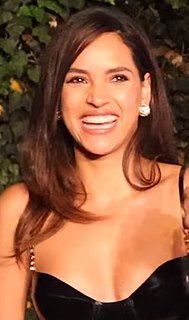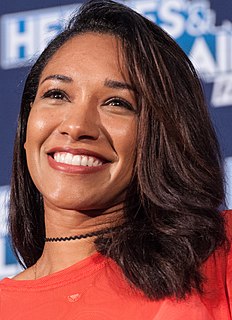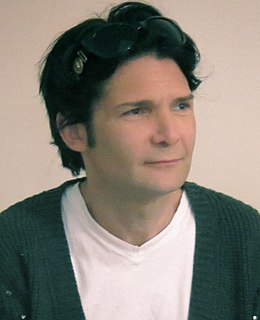A Quote by Shailene Woodley
So many times, you get a script and it says, "And then, the character cries," and you read the lines and think, "That would never make me cry. Those lines are so untruthful." My approach is just to be honest to the situation.
Related Quotes
I memorize my lines and I show up. I think it's just instinctual, and sometimes it's wrong and the director says, "No, do it this way." And then I can change, because I didn't spend all night practicing it this one way. All I do to get ready for the day is the night before, I read my lines once or twice, memorize them, and then I show up.
It just so happened that my agent called and said, 'There's this movie 'Pitch Perfect.' Here are the sides.' I think I originally read for Bumper, because Donald didn't have much in the script, so I read all Bumper's lines. I beatboxed for them, because that's what my character was supposed to do. And then I was like, 'By the way, I rap.'
On 'Lab Rats,' I read the script probably three or four times before we ever even do a table read because I want to be completely prepared. And I want to know exactly which beats I have to hit and where I need to make something comical. Some lines need a little more than others do just to get the point across, to get the joke to be funny.
As soon as I start to write I'm very aware, I'm trying to be aware that a reader just might well pick up this poem, a stranger. So when I'm writing - and I think that this is important for all writers - I'm trying to be a writer and a reader back and forth. I write two lines or three lines. I will immediately stop and turn into a reader instead of a writer, and I'll read those lines as if I had never seen them before and as if I had never written them.
I learn my lines in a few different ways. A lot of my dialogue sticks with me in a general sort of way when I read the entire script for the first or second time. Then, when I get the shooting schedule, I have a better idea of what scenes are shooting when. I then will focus on those that are coming up first.
All I know is it was very easy for us to write the Barb character and I think that, you know, Shannon Purser - who had never acted before - just did such a brilliant job realizing her. And, again, without very many lines - 25 lines. And I think everyone feels like either they knew this girl or they were this girl.
I always keep my options open. I always say, "Make me an offer and send me the script, and if it's something that I can connect to or relate to..." The character has to intrigue me, and the project overall has to intrigue me. And if it all lines up properly, then we can get into the business side of it. But it's always about the creative first.
I would hope that people didn't think I was anything like Joan! It's very hard for me because Joan says such cruel things all the time. It sort of makes me cringe every time I read them because I think, 'Who could be so horrible?' To be able to deliver those lines and do them with a coolness, yet still make her likable, is a bit of a challenge.
I'm quite severely dyslexic so I struggle with acting in certain ways. I always have to put in triple the amount of effort, which would always frustrate me a lot. I suppose that some people can just look at a script once and know it. That's not me. I really have to spend a bit of time with the lines. But it's my job and I've got better and better at it. If you're learning a lot, things start going quicker. Doing the lines with repetition and you just get it in your head somehow.

